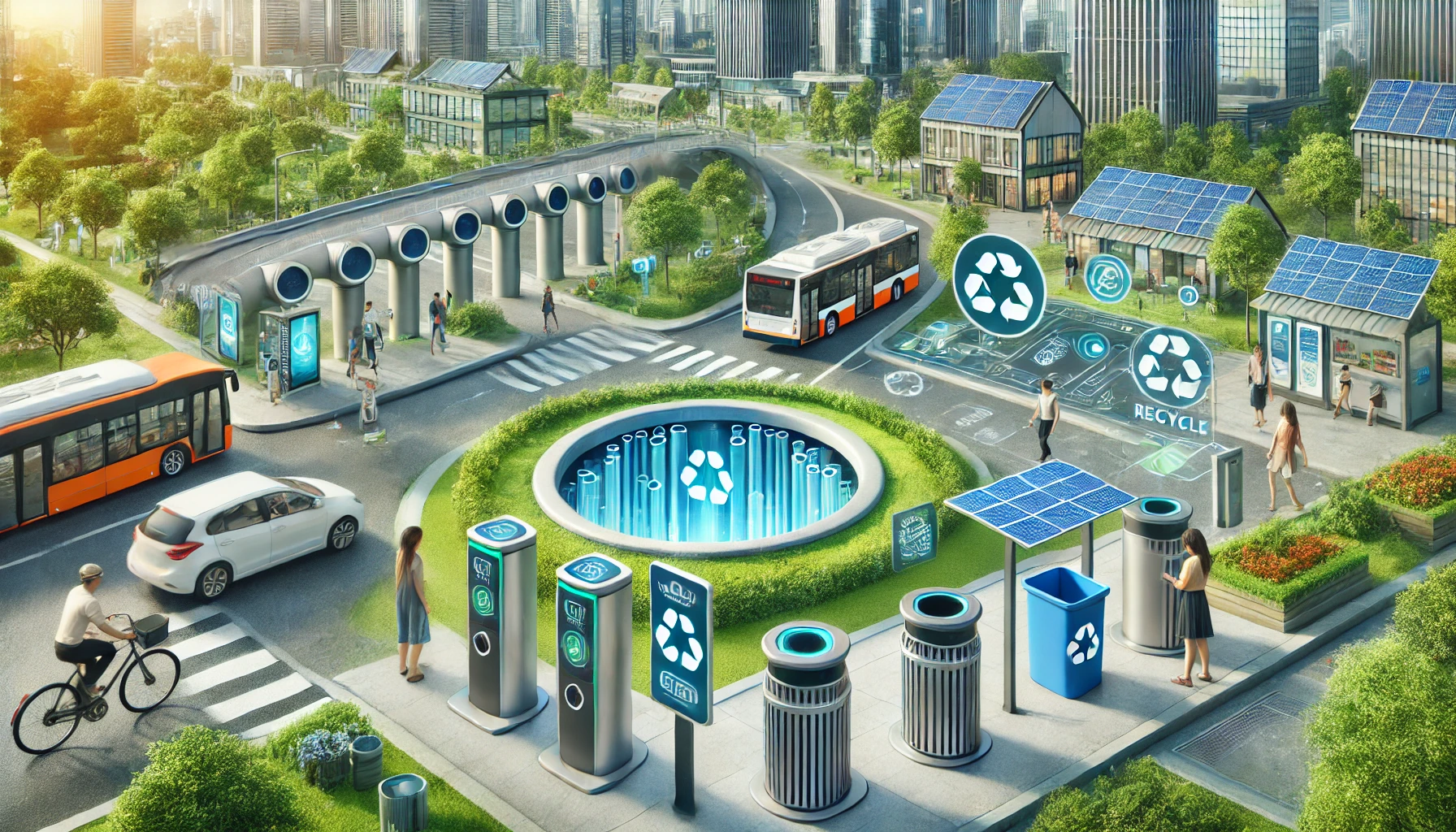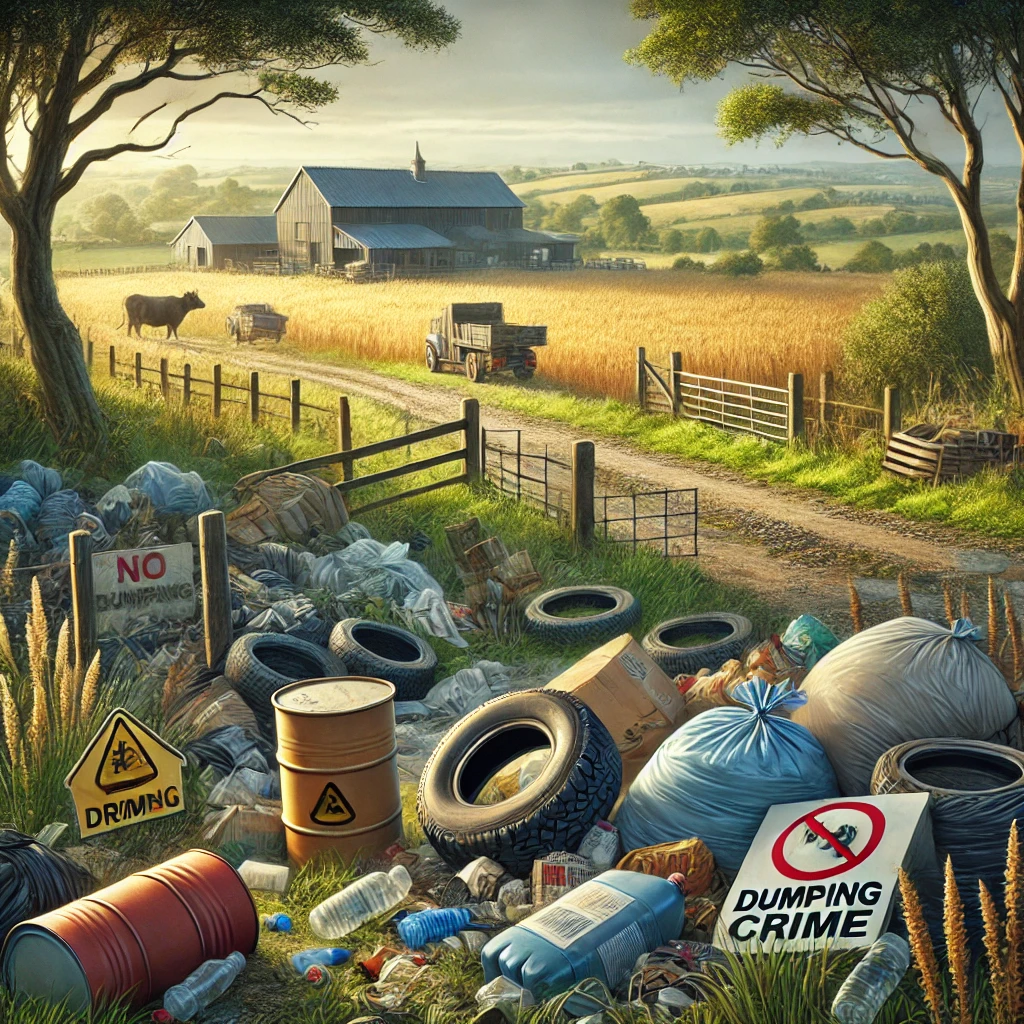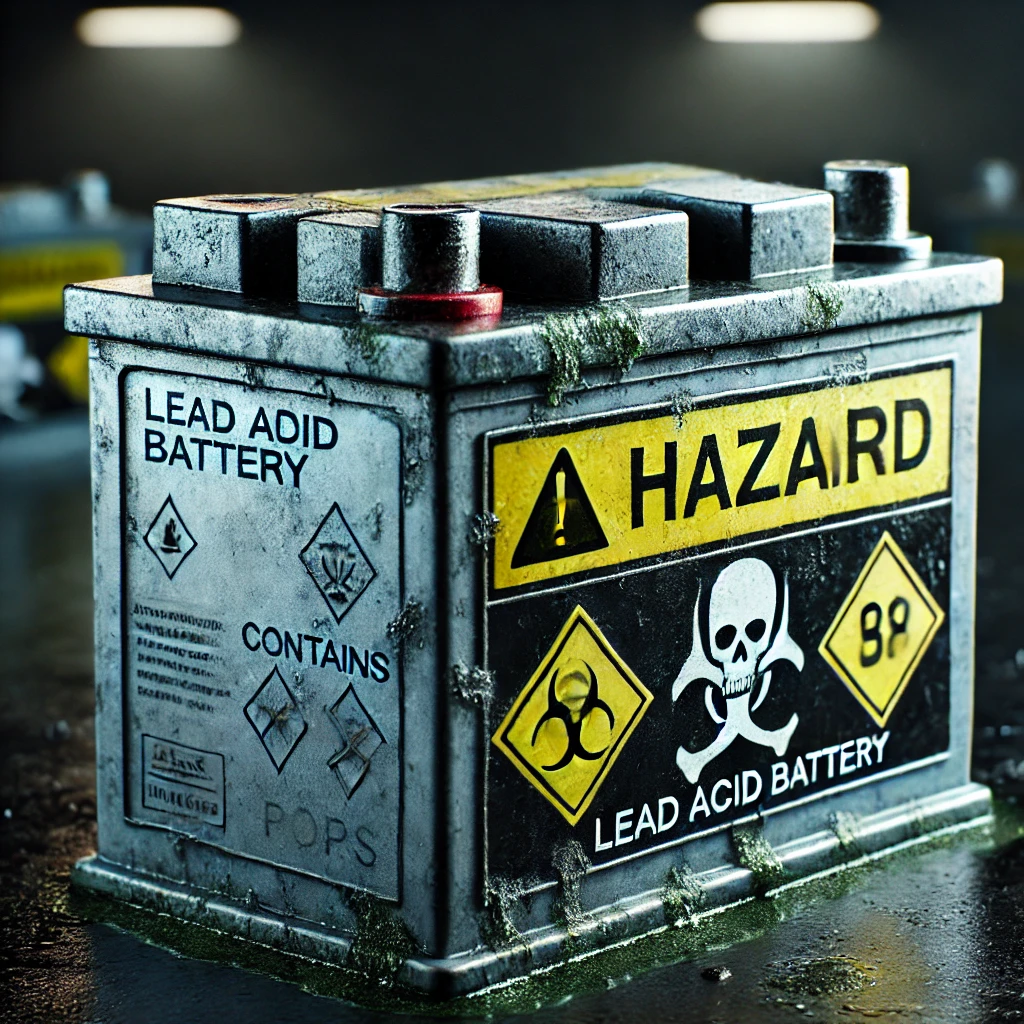The waste management industry is undergoing a significant transformation, driven by the adoption of smart technologies. These innovations are not only enhancing operational efficiency but also contributing to environmental sustainability. Here’s a look at some of the most promising smart waste management technologies shaping the future.
Pneumatic Waste Pipes
Urban areas are becoming increasingly dense, making traditional waste collection methods less practical. Pneumatic waste pipes offer a solution by transporting waste directly from public containers to processing centers through underground pipes. This technology reduces the need for garbage trucks, cutting emissions and minimizing urban traffic congestion. It also prevents the overflow of waste containers, which can lead to environmental health hazards.
Solar-Powered Trash Compactors
Solar-powered trash compactors are revolutionizing waste collection by compressing trash within the dumpster, allowing it to hold up to five times more waste than traditional bins. These compactors are equipped with sensors that monitor waste levels and send alerts when the bins are full, optimizing collection schedules and reducing unnecessary trips. This not only improves efficiency but also decreases the carbon footprint associated with waste collection.
E-Waste Kiosks
Electronic waste, or e-waste, poses a significant environmental challenge due to the harmful substances it contains. E-waste kiosks provide a convenient and safe way to dispose of old electronics. These kiosks, like those developed by EcoATM, can even offer monetary rewards for items in good condition, encouraging more people to recycle their electronics. Proper e-waste disposal prevents toxic chemicals from contaminating the environment and promotes the recycling of valuable materials.
Recycling Apps
Recycling apps are empowering individuals and businesses to manage their waste more effectively. These apps provide information on what materials can be recycled and where to take them, making it easier to divert waste from landfills. Some apps also facilitate the donation of food waste or unwanted items, supporting a circular economy by ensuring that products are reused or recycled rather than discarded.
Smart Waste Bins
Smart waste bins equipped with IoT sensors are transforming the way waste is collected and managed. These bins can monitor fill levels in real-time and communicate with waste collection services to schedule pickups only when necessary. This technology reduces the frequency of waste collection trips, lowering operational costs and environmental impact. Additionally, some smart bins can sort waste automatically, improving recycling rates and reducing contamination.
Conclusion
The integration of smart technologies into waste management is creating a more efficient, sustainable, and environmentally friendly industry. Pneumatic waste pipes, solar-powered trash compactors, e-waste kiosks, recycling apps, and smart waste bins are just a few examples of how innovation is addressing the challenges of waste collection and disposal. As these technologies continue to evolve, they will play a crucial role in achieving a circular economy and reducing the environmental impact of waste.
For more detailed insights, visit the RTS Blog on Smart Waste Management Technologies.



